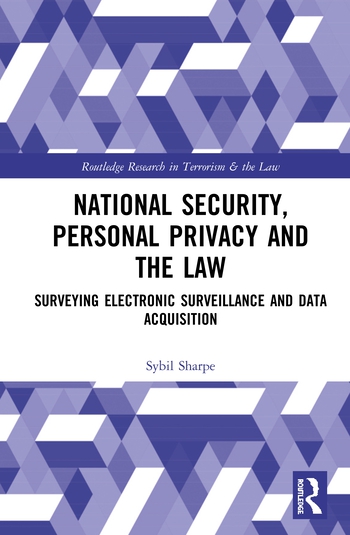An interesting case arose in Minnesota where a woman was accused of wrapping aluminum foil around anti-theft security sensors on retail merchandise to evade detection by the store’s electronic surveillance system. The defendant was convicted for possession of shoplifting gear and subsequently filed a petition for post-conviction relief challenging her conviction for having such equipment.
In the post-conviction petition, the defendant argued that the evidence presented by the state to the jury was insufficient to support her conviction. She contended the aluminum foil found in her possession by police is a common household item that is not designed to assist in shoplifting or to defeat an electronic article surveillance system.
The court pointed out that many retail stores have electronic article surveillance systems, which use electronic sensors attached to the store’s merchandise to detect if the merchandise is taken from the store without authorization. The defendant entered the store carrying a large purse and a Victoria’s Secret shopping bag. A store employee testified the defendant was hastily picking up and discarding merchandise at random, avoiding employees’ questions and exhibiting other erratic behavior consistent with someone who plans to shoplift. The defendant entered a dressing room with some clothing items to try on, and when she exited the dressing room, the bag she was carrying seemed “larger” and a pair of jeans was missing from the items left behind in her dressing room.
As the defendant was walking out of the store, the anti-theft alarm system activated. The police officers who arrived on premises observed aluminum foil wrapped around some retail items inside the bag.
The defendant pleaded not guilty and the case proceeded to a jury trial. The defendant disputed that the aluminum foil found in her possession was designed to assist in shoplifting, noting that “everyone here has tin foil in their house” and that it is “designed to do all sorts of things.”
After the defendant was convicted she filed a petition for post-conviction relief arguing that tin foil is not a device designed to assist in shoplifting or defeating an electronic article surveillance system as that language is used in the statute.
The court held that, looking at the plain language of the possession of shoplifting gear statute, the statute itself provides a specific purpose or end that is relevant here, “to assist in shoplifting or defeating an electric article surveillance system.” (Minn.Stat 609.521(d).) Just as a snowmobile cannot be said to have been “designed” for use on a highway because it was not intended and adapted for that purpose, but instead could travel on snow and ice, Section 609.521(d) prohibits the possession of an item that is “plan(ned) or produced with special intentional adaptation to the specific end of shoplifting.”
The court agreed with the state and affirmed the ruling of conviction by the Court of Appeals, stating that the aluminum foil found in the defendant’s possession had been torn and folded to fit around security sensors attached to unpurchased merchandise. Therefore, the court concluded that any item specifically adapted to assist in shoplifting or defeating electronic surveillance qualifies as an instrument designed for such actions.








